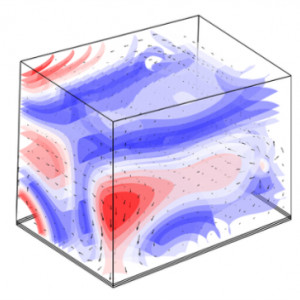 \
&
Contact us
\
&
Contact us
 \
&
Contact us
\
&
Contact us
Published on | 2 days ago
Programmes Digital, Industry & SpaceYear after year, the European Space Agency - ESA creates new technologies and applications, typically filing 10 new patent applications per year.
As a result, ESA has built a portfolio of around 550 patents and patent applications to date.
Now, through a permanent open call, companies and startups from around the world can submit their ideas on how they would mature these patents, paving the way for improved commercialisation of ESA's innovations.
"The main objective of this funding call is to establish collaboration with companies, making sure that ESA's ideas are never left in a drawer," says Mercedes Sánchez Álvarez, Technology Transfer Engineer at ESA.
If companies or startups have an idea for the technical and commercial maturation of ESA inventions, they can now share this idea through OSIP. ESA is accepting applications on a rolling basis and is available to fund the maturation of these ideas with a budget of up to 175k €. An updated list of patents that companies and startups can work on can be found in the open call under "Commercial and technical maturation of ESA's inventions".
We offer news and event updates, covering all domains and topics of Horizon Europe, Digital Europe & EDF (and occasionally, for ongoing projects, Horizon 2020).
Stay informed about what matters to you.
By signing up, you can opt in for e-mail notifications and get access to
a personalised dashboard that groups all news updates and event announcements in your domain(s).
Only for stakeholders located in Flanders
Digital, Industry & Space Climate, Energy, Mobility
The Clean Aviation Joint Undertaking is the European Union’s leading research and innovation programme for transforming aviation towards a sustainable and climate-neutral future. It is a European public-private partnership. Clean Aviation is launching its Third Call for Proposals, calling for innovators and stakeholders across... read more

The Marie Skłodowska-Curie Action (MSCA) European Innovative Training Network “PBNv2 - Next generation Pass-By Noise approaches for new powertrain vehicles” started in May 2017. Their research has the shared objective of investigating the possibilities to decrease pass-by noise of vehicles.
The project is a collaboration between 17 research institutions and companies in the European automotive R&D and provides a learning environment for 14 PhD fellows. The Belgian partner is the Noise and Vibration Research Group of KU Leuven, and this project is one of the many Horizon 2020 MSCA Innovative Training Networks that the KU Leuven research group participates in.